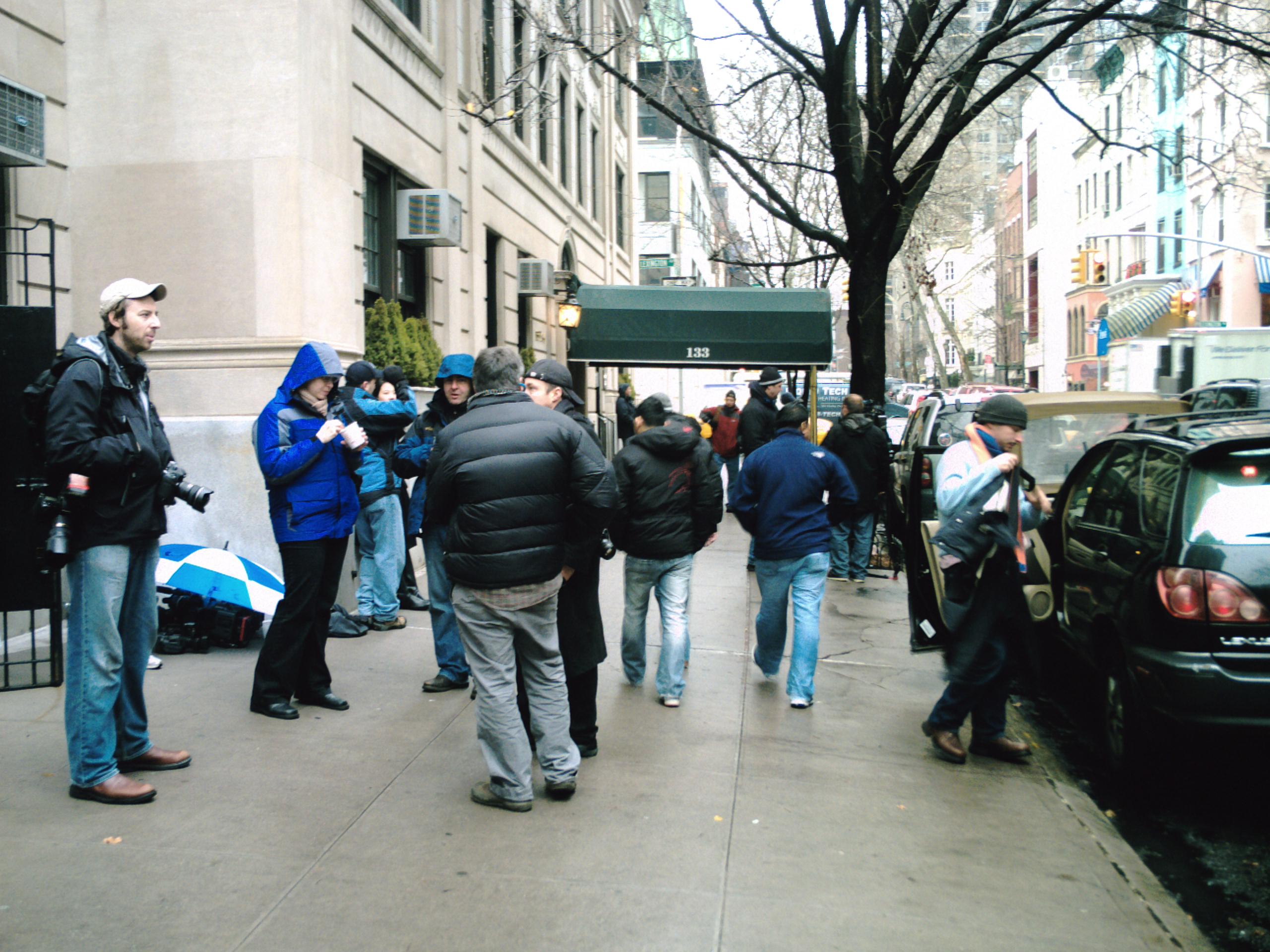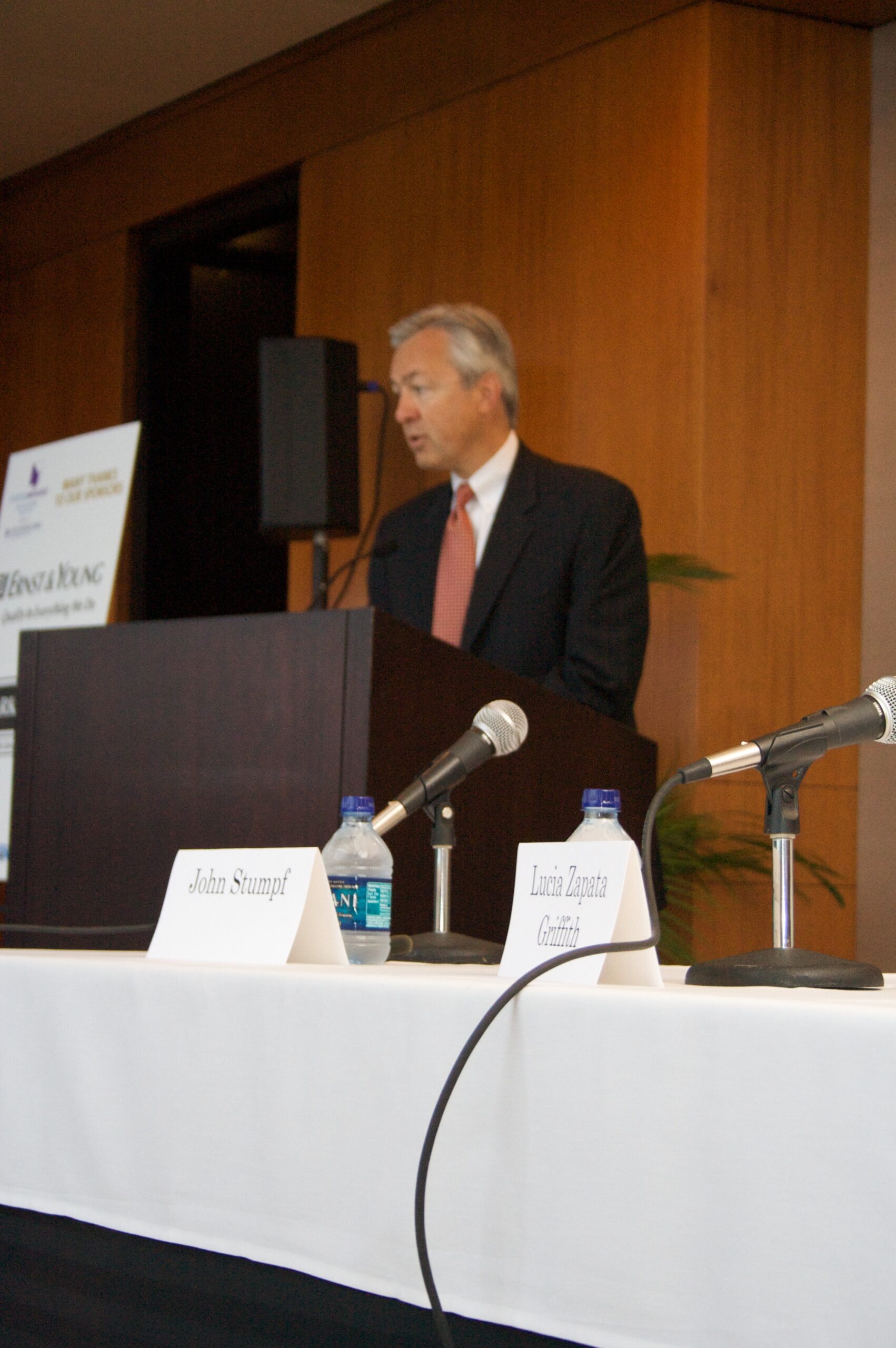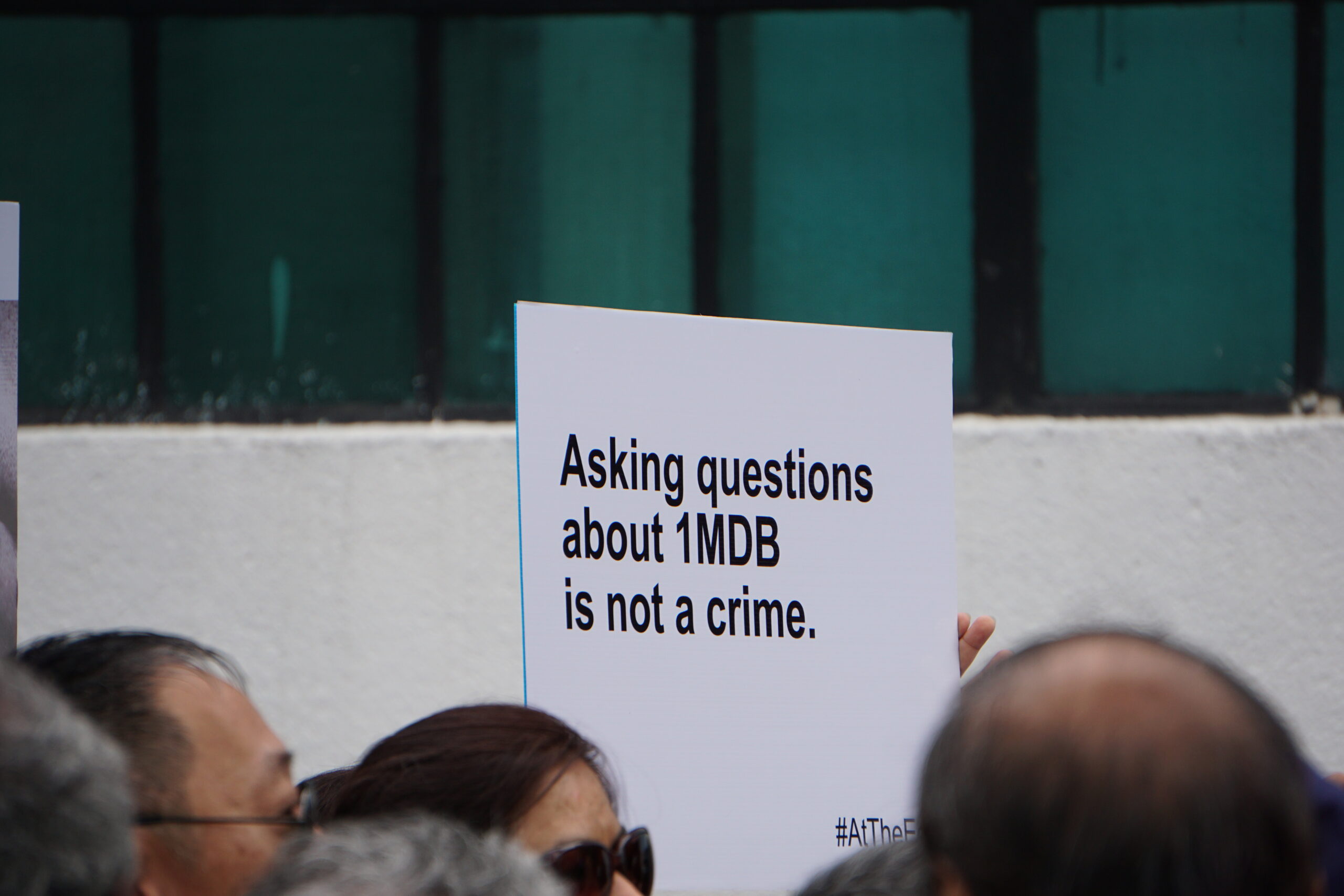- When Science Meets Crime: The Rise of BioTech Fraud in China - April 22, 2025
- How Sports Betting Is Fueling a New Era of Crime Networks - April 10, 2025
- The Dark Side of Influencer Parenting: The Case of Ruby Franke - April 8, 2025
The Enron Scandal: A Fall from Grace

Enron, once a giant in the energy world, crumbled in 2001 due to a monumental accounting fraud. The company used intricate financial maneuvers to hide its debts and falsely inflate profits, resulting in a staggering loss of $74 billion in market value. This scandal not only led to the bankruptcy of Enron but also to the dissolution of Arthur Andersen, a major audit firm. Over 20,000 employees lost their jobs, and shareholders faced immense financial losses. The aftermath led to the creation of the Sarbanes-Oxley Act, which aimed to increase transparency in financial reporting. This scandal serves as a stark reminder of the consequences of unethical corporate behavior.
Bernie Madoff: The Largest Ponzi Scheme

In December 2008, Bernie Madoff was arrested for orchestrating a Ponzi scheme that defrauded investors of approximately $65 billion. Madoff’s firm promised consistent, high returns, attracting thousands of investors, including celebrities and charities. However, the scheme unraveled during the financial crisis when clients attempted to withdraw their investments. Madoff was sentenced to 150 years in prison, and the scandal brought to light significant gaps in regulatory oversight and investor diligence. It serves as a cautionary tale about the dangers of unchecked financial practices.
Volkswagen Emissions Scandal: Deceit in the Auto Industry

In 2015, Volkswagen was caught installing software in diesel vehicles to cheat emissions tests. This scandal affected about 11 million cars worldwide, leading to a $25 billion settlement in fines and compensation. CEO Martin Winterkorn resigned amidst the chaos. This incident underscores the importance of ethical practices in corporate governance and the environmental responsibilities of corporations. It highlights how deceptive practices can have far-reaching consequences, not just financially but also environmentally.
Theranos: The Rise and Fall of a Health Tech Unicorn

Theranos, founded by Elizabeth Holmes, claimed to revolutionize blood testing with its innovative technology. However, investigations revealed that the technology was deeply flawed and that the company misled investors and patients. In 2018, Holmes faced fraud charges, and the company eventually dissolved. This scandal raised critical awareness about the need for transparency and accountability in the biotech industry. It serves as a reminder that innovation should never come at the cost of truth and integrity.
Wells Fargo Fake Accounts Scandal: Breach of Trust

In 2016, Wells Fargo was embroiled in a scandal when it was revealed that employees had created millions of unauthorized accounts to meet sales targets. The bank faced a $185 million fine, and CEO John Stumpf resigned. This scandal severely damaged the bank’s reputation and led to increased scrutiny of sales practices in the banking industry. It underscores the importance of ethical leadership and a corporate culture that prioritizes integrity over profit.
Purdue Pharma and the Opioid Crisis

Purdue Pharma, the maker of OxyContin, faced numerous lawsuits for its role in the opioid epidemic. The company was accused of misleading marketing practices that downplayed the risks of addiction. In 2020, Purdue Pharma filed for bankruptcy and agreed to a settlement of $8.3 billion. This scandal highlighted the ethical responsibilities of pharmaceutical companies in addressing public health crises. It serves as a stark reminder of the devastating impact that corporate greed can have on society.
The Collapse of Lehman Brothers: A Financial Catastrophe

In 2008, Lehman Brothers filed for bankruptcy, marking the largest bankruptcy filing in U.S. history. The firm was heavily involved in subprime mortgage lending and was unable to recover from the ensuing financial crisis. The collapse contributed significantly to the global financial crisis, leading to widespread economic turmoil. This scandal raised important questions about risk management and regulatory oversight in the financial sector. It serves as a cautionary tale about the dangers of unchecked financial speculation.
The 1MDB Scandal: A Global Conspiracy

The 1Malaysia Development Berhad (1MDB) scandal involved the embezzlement of billions of dollars from a Malaysian government fund. High-profile figures, including former Prime Minister Najib Razak, were implicated in the scandal. The incident had international repercussions, involving major banks and celebrities. It highlighted the need for global cooperation in combating financial crime and corruption. The scandal serves as a reminder of how corruption can transcend borders and affect the global community.
The Raj Rajaratnam Insider Trading Case
Raj Rajaratnam, founder of the Galleon Group, was convicted in 2011 of insider trading, resulting in an 11-year prison sentence. The case was notable for its use of wiretaps, revealing the extent of insider trading on Wall Street. This scandal led to increased scrutiny of hedge funds and the implementation of stricter regulations to prevent insider trading. It serves as a reminder of the importance of transparency and accountability in the financial markets.
The Rise of Corporate Whistleblowers

In the wake of numerous corporate scandals, whistleblowers have become crucial in exposing wrongdoing. Laws such as the Dodd-Frank Act provide protections and incentives for whistleblowers to report fraud. High-profile cases have demonstrated that whistleblowers play a vital role in promoting corporate accountability and transparency. This trend underscores the importance of creating an environment where employees feel empowered to speak out against unethical practices.




